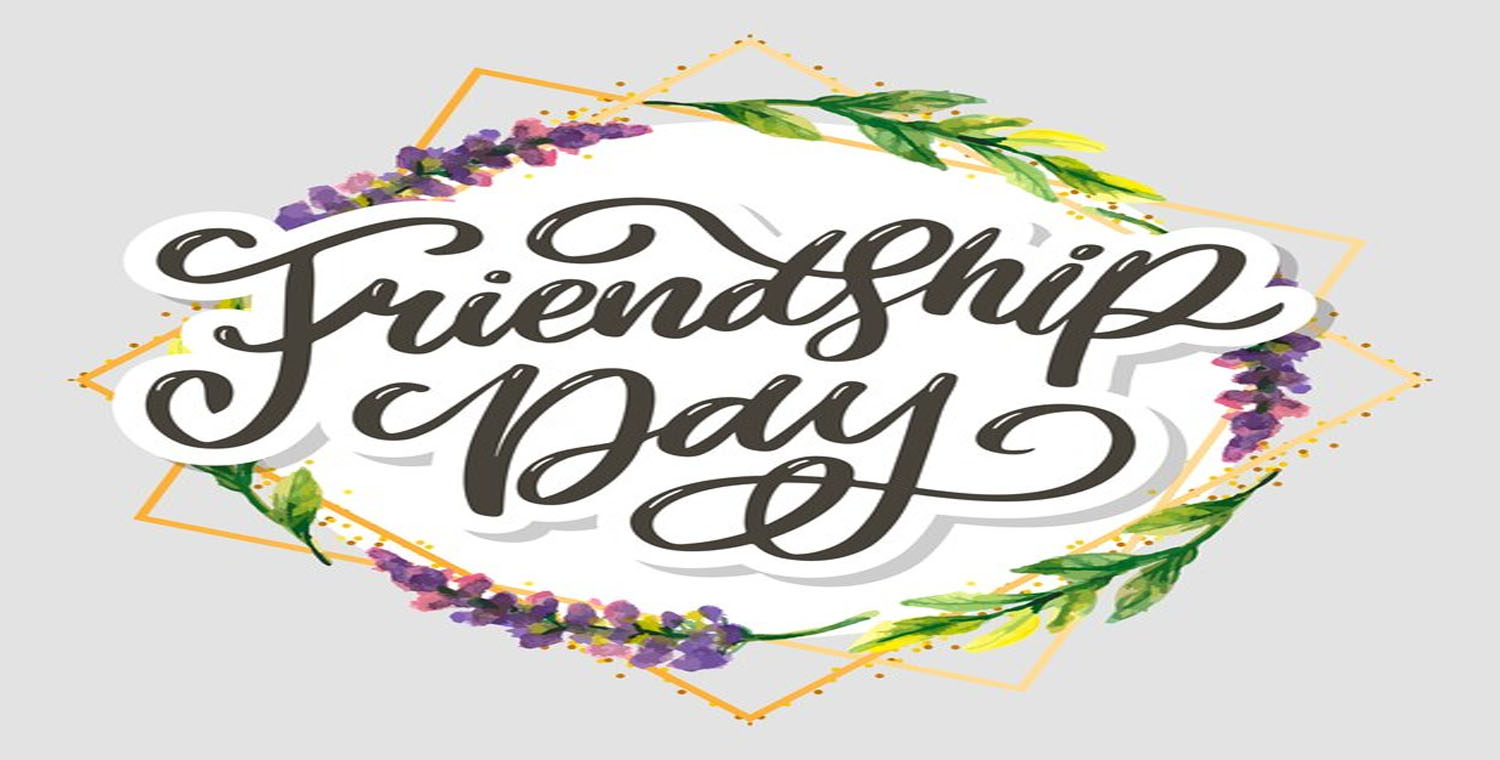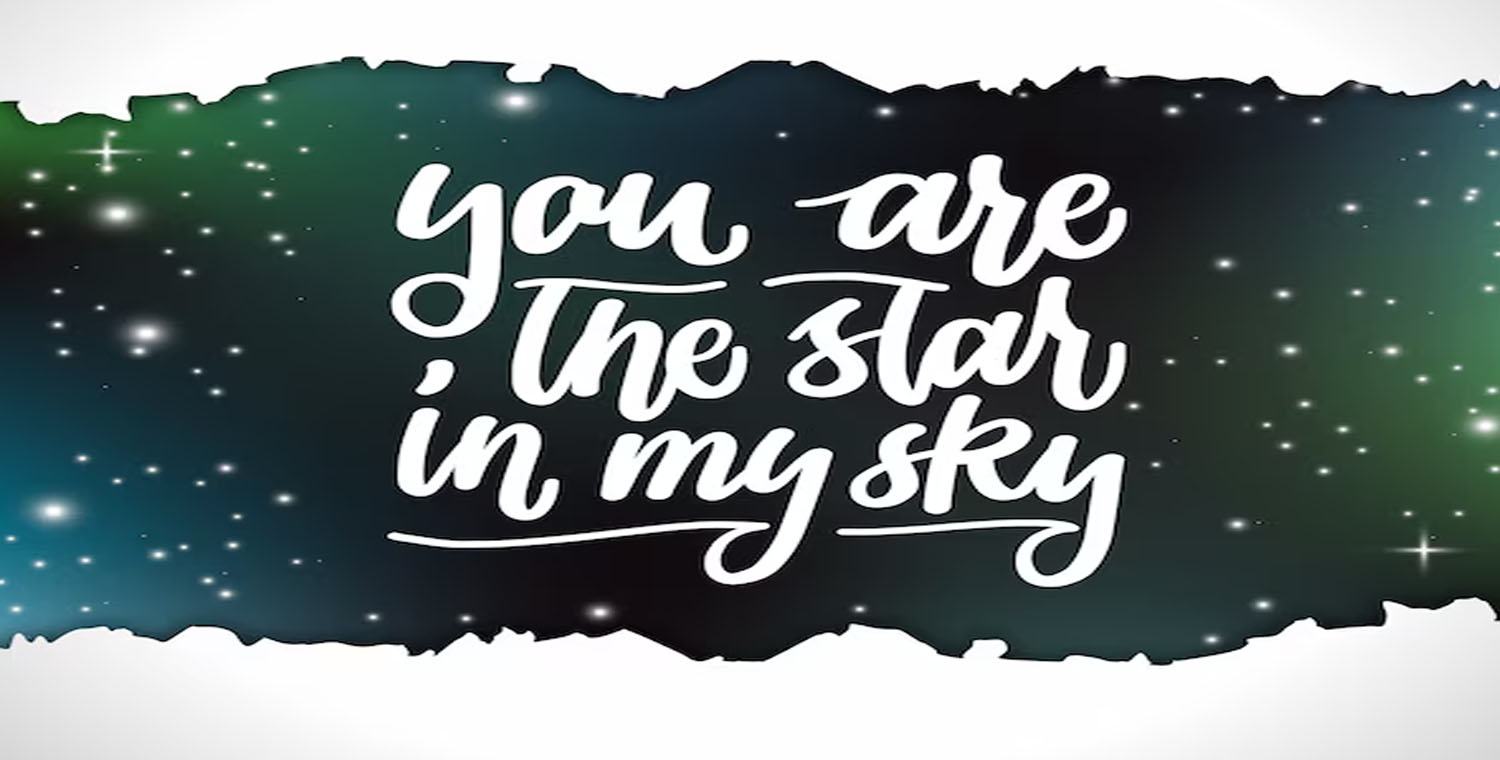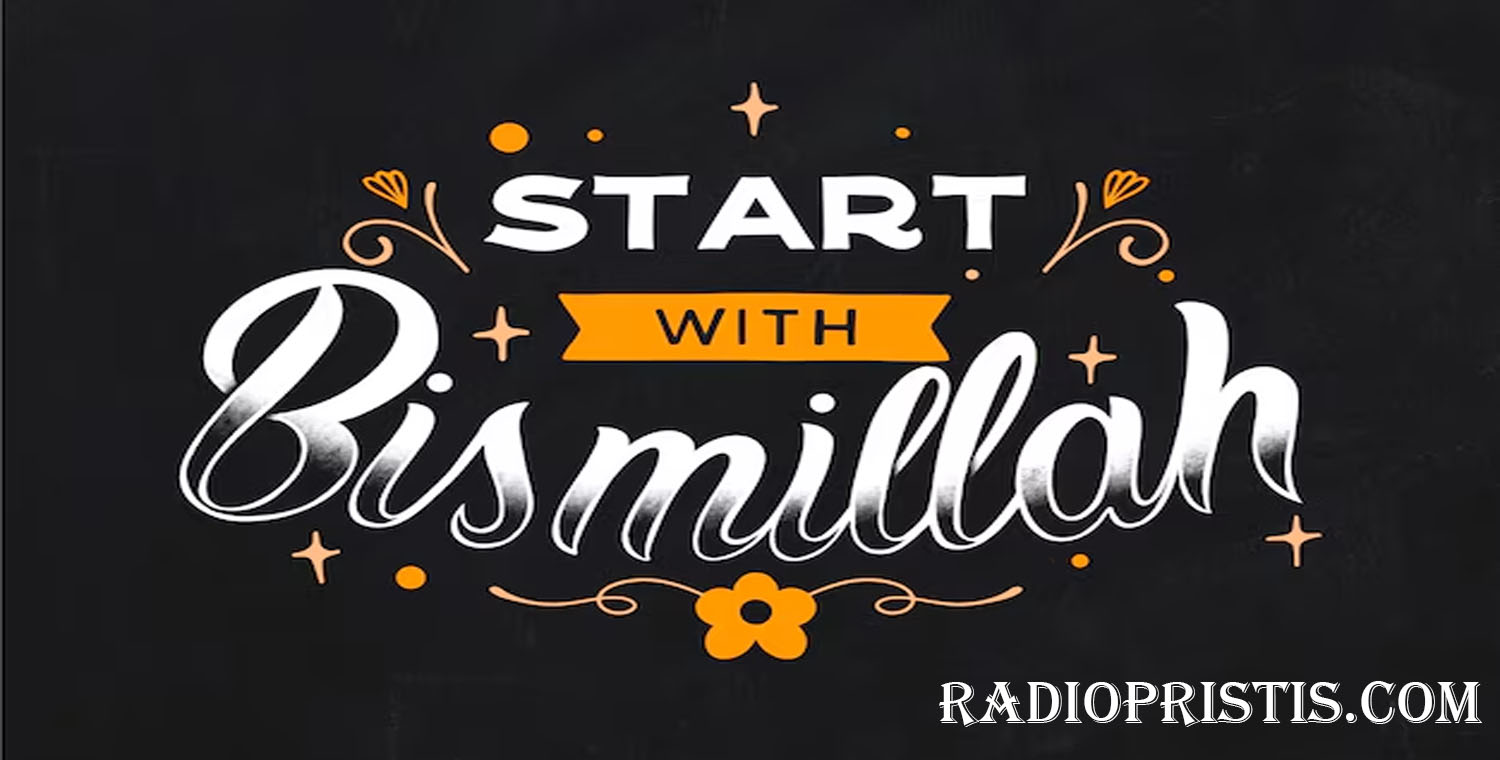In our fast-paced, information-driven society, the quest for knowledge can often feel overwhelming. Whether it’s for academic pursuits, professional development, or personal interests, the question arises: “Qui pourra plus te renseigner?”—”Who can provide you with more information?” This phrase encapsulates the essential need to identify reliable sources and knowledgeable individuals in an age where information is abundant yet often unverified.
This article explores the significance of finding trustworthy information sources, the various types of expertise available, and strategies for navigating the modern landscape of information gathering. We will also discuss the impact of digital media, the role of community in knowledge-sharing, and how to cultivate a discerning approach to information.
The Importance of Reliable Information
In an era where misinformation can spread rapidly, discerning who can provide accurate information is crucial. Reliable sources not only inform our decisions but also shape our understanding of the world. The consequences of acting on incorrect information can be serious, affecting everything from personal relationships to public health policies.
The Role of Expertise
Experts bring depth of knowledge and experience to specific fields. When seeking information, understanding who holds authority in a given area is vital. Experts often include:
- Academics and Researchers: Scholars with advanced degrees often conduct rigorous research and contribute to academic literature. Their work is typically peer-reviewed, lending credibility to their findings.
- Professionals: Individuals with hands-on experience in their fields—such as doctors, engineers, and financial analysts—offer practical insights that can be invaluable.
- Authors and Thought Leaders: Those who write extensively on particular topics can provide unique perspectives and analyses. Their published works often distill complex ideas into accessible formats.
- Community Leaders and Activists: Local figures who engage with specific issues can offer grassroots insights and knowledge that broader sources may overlook.
How to Identify Trustworthy Sources
Given the plethora of information available, how do we determine who can provide reliable information? Here are some criteria to consider:
1. Credibility
Look for sources with established credibility. Academic journals, recognized organizations, and government websites often provide trustworthy data. Check the author’s qualifications and affiliations to assess their expertise.
2. Reputation
Consider the reputation of the publication or platform where the information is presented. Well-known newspapers, scholarly journals, and respected blogs are generally more reliable than obscure websites.
3. Citations and References
Reliable articles typically cite their sources. This transparency allows you to trace the information back to its original context and verify its accuracy.
4. Bias Awareness
Be mindful of potential biases in the information. Sources may present data in a way that supports a specific agenda. It’s important to read from multiple viewpoints to gain a well-rounded understanding of the topic.
5. Recency
In many fields, especially in technology and medicine, information can become outdated quickly. Ensure that the sources you are referencing are current and relevant.
The Digital Age: Opportunities and Challenges
The internet has transformed how we access and share information. Social media, blogs, and online forums provide unprecedented opportunities for knowledge dissemination, but they also come with challenges.
Opportunities
- Accessibility: A vast array of information is now available at our fingertips. This democratization of knowledge allows individuals to learn about diverse topics without geographical or economic barriers.
- Networking: Online platforms enable connections with experts across the globe. Websites like LinkedIn, ResearchGate, and various professional forums facilitate dialogue and collaboration.
- Diverse Perspectives: The internet offers insights from various cultural and ideological backgrounds. Engaging with a range of voices can deepen understanding and foster empathy.
Challenges
- Information Overload: The sheer volume of available data can be overwhelming. Sifting through endless information can lead to confusion and misinterpretation.
- Misinformation and Disinformation: The rapid spread of false information can lead to misguided beliefs and actions. Recognizing the difference between credible sources and unreliable ones is essential.
- Echo Chambers: Online platforms can create echo chambers, where individuals are only exposed to viewpoints that reinforce their existing beliefs. This can limit understanding and critical thinking.
Cultivating Critical Thinking Skills
To navigate today’s complex information landscape effectively, cultivating critical thinking skills is essential. Here are some strategies to enhance your ability to evaluate information:
1. Question Everything
Adopt a curious mindset. Ask questions about the information presented: Who wrote it? What evidence supports it? Are there alternative viewpoints? This inquisitive approach will help you assess the validity of sources.
2. Analyze the Context
Understanding the context in which information is presented is crucial. Consider the purpose of the content: Is it meant to inform, persuade, or entertain? Context can greatly influence the interpretation of information.
3. Cross-Reference Information
When researching a topic, consult multiple sources to confirm facts. Cross-referencing helps verify the reliability of information and provides a more comprehensive view of the subject.
4. Stay Informed About Media Literacy
Educating yourself about media literacy can empower you to recognize bias, identify misinformation, and understand the mechanics of how news and information are produced.
The Role of Community in Information Sharing
In addition to individual efforts, community plays a vital role in the pursuit of knowledge. Engaging with others can enhance your understanding of various subjects and provide valuable perspectives.
1. Discussion Groups
Participating in discussion groups, whether online or in-person, allows for the exchange of ideas and experiences. Engaging with others can clarify your understanding and expose you to new information.
2. Workshops and Seminars
Attending workshops, webinars, and seminars on specific topics can deepen your knowledge. These events often feature experts who can provide insights and answer questions.
3. Mentorship
Finding a mentor in your field of interest can be invaluable. Mentors can offer guidance, share experiences, and point you to reliable resources.
4. Peer Learning
Collaborating with peers can enhance learning. Sharing knowledge and experiences can help clarify complex concepts and foster a supportive learning environment.
Conclusion: Seeking Knowledge in a Complex World
In conclusion, the question “qui pourra plus te renseigner?” invites us to reflect on how we seek and evaluate information in a complex world. As we navigate the vast sea of data available today, the ability to identify reliable sources, cultivate critical thinking, and engage with communities becomes increasingly vital.
Whether through academic inquiry, professional development, or personal growth, the pursuit of knowledge is a continuous journey. By understanding who can provide accurate information and learning to discern the quality of that information, we can make informed decisions that enrich our lives and those of others.















Leave a Reply